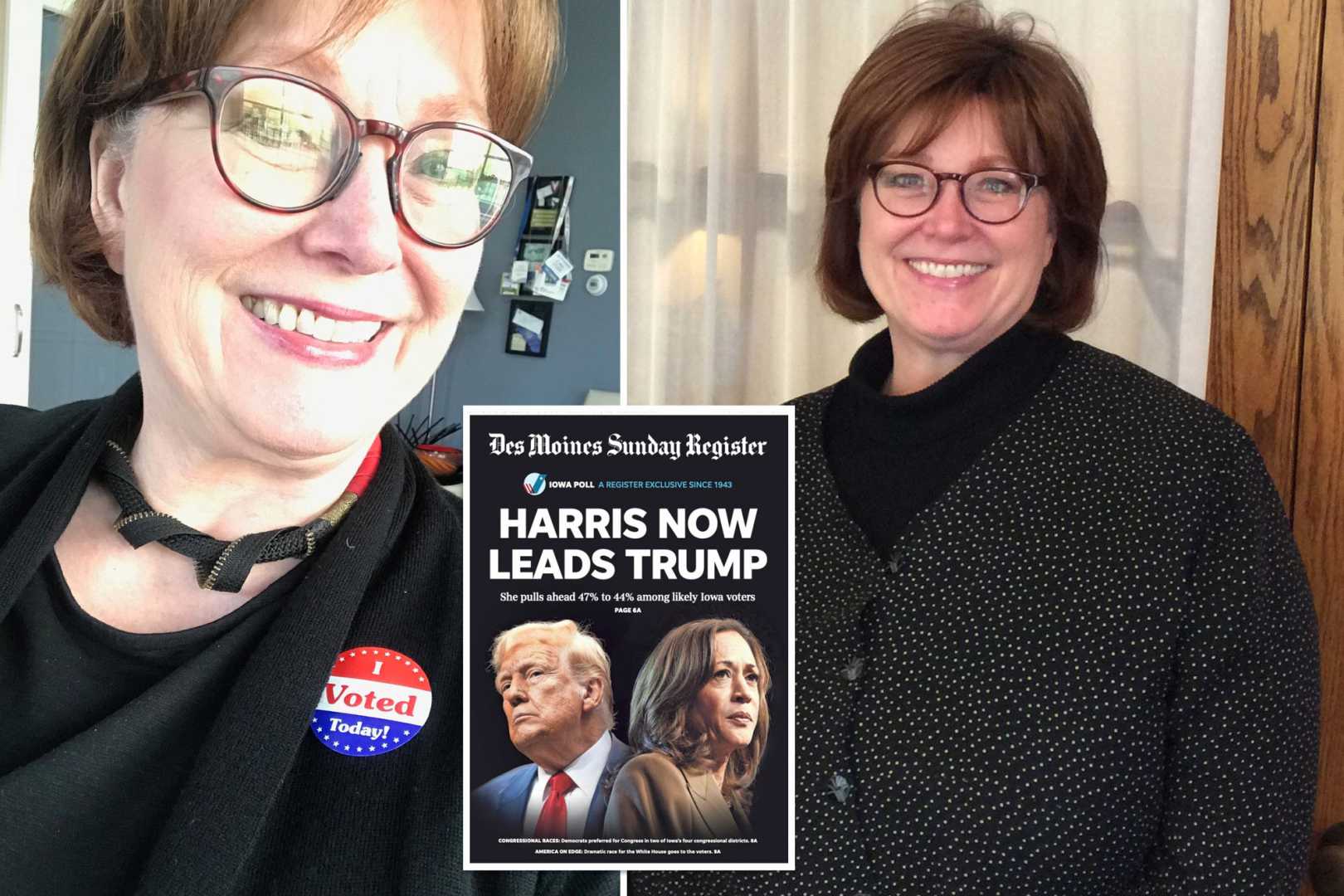News
Legendary Pollster Ann Selzer Retires After Iowa Election Poll Controversy

Ann Selzer, a renowned pollster known for her work with the Des Moines Register, has announced her retirement from election polling. This decision comes on the heels of a controversial final poll that showed Vice President Kamala Harris leading Donald Trump in Iowa, contrary to the actual election results. The poll, released on November 1, indicated a close race with Harris at 47% and Trump at 44%, but Trump ultimately won the state by a significant 13-point margin, securing 56% of the vote to Harris’s 43%.
Selzer’s relationship with the Des Moines Register dates back to 1997, and she has been a key figure in Iowa’s political landscape, often providing insightful and sometimes contrarian polling data. Despite the recent misstep, Selzer has a history of accurate predictions, such as correctly forecasting Republican Joni Ernst‘s 9-point victory in the 2014 Iowa Senate race against Democrat Bruce Braley, and predicting Trump’s and Ernst’s comfortable wins in previous elections.
In an op-ed for the Des Moines Register, Selzer explained that she had advised the newspaper over a year ago that she would not renew her contract after the 2024 election. She expressed pride in her work and acknowledged the irony of her final poll not aligning with the election results. Selzer emphasized her commitment to truth and accuracy, both professionally and personally.
The Des Moines Register is now evaluating how to continue its polling efforts to ensure accurate information and insights about issues relevant to Iowans. Editor Carol Hunter noted the importance of evolving methods to accurately capture public sentiment, especially as Iowa is set to play a crucial role in future presidential races.
Selzer’s retirement marks the end of an era in Iowa polling, as she will no longer be involved in the state’s political surveys for the first time since the late 1990s. Her legacy is marked by a commitment to data-driven analysis and a willingness to stand by her findings, even when they diverged from other pollsters’ results.












